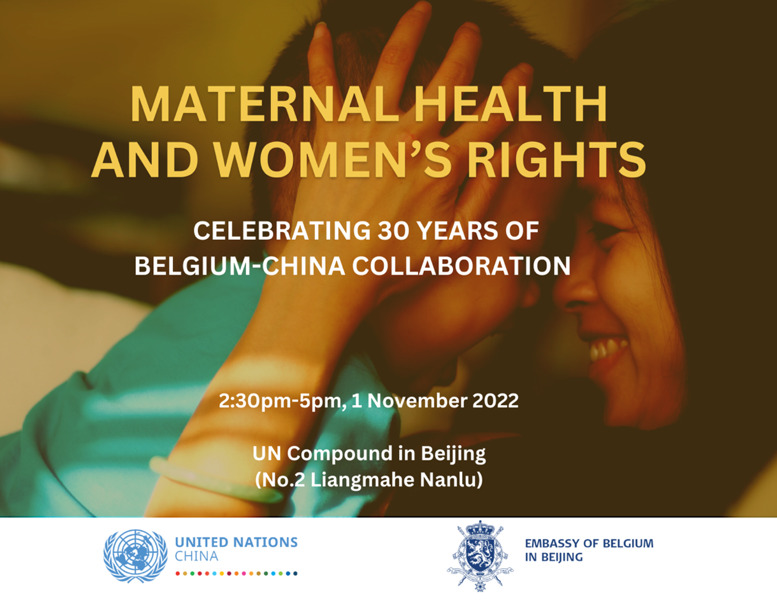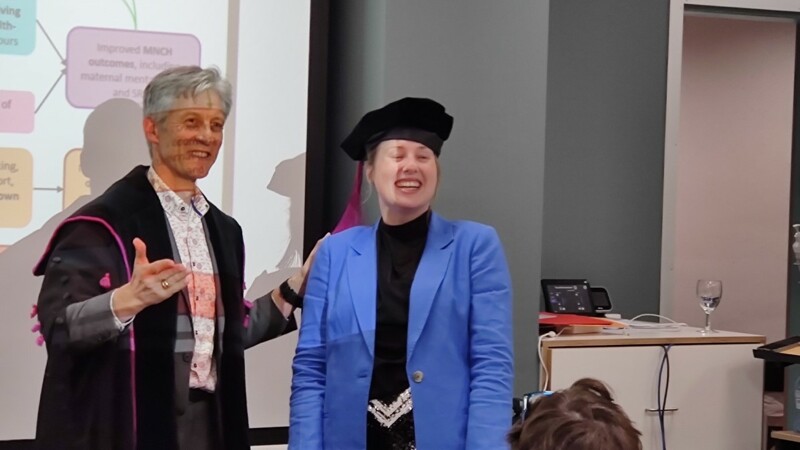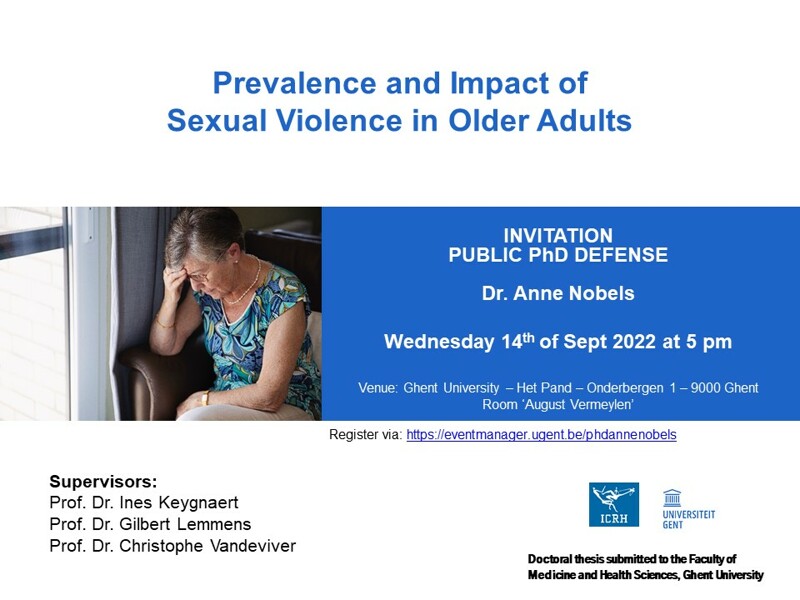A new European project supports member states in ensuring effective healthcare for asylum seekers
SH-CAPAC is a European project supporting European countries under pressure of large migration, in ensuring effective healthcare for refugees, asylum seekers and other migrants. Last year, more than 1 million refugees entered Europe. They often come from a violent, problematic...
SH-CAPAC is a European project supporting European countries under pressure of large migration, in ensuring effective healthcare for refugees, asylum seekers and other migrants.
Last year, more than 1 million refugees entered Europe. They often come from a violent, problematic environment and therefore have specific medical and psychological needs. The healthcare system in the different European countries is still not adapted to the needs of these new population groups. SH-CAPAC therefore supports the Member States by offering a series of coordination and support mechanisms for these specific challenges in health care.
The SH-CAPAC project launched in January 2016, responds to the growing concern for the right health care for refugees and asylum seekers.
Following 19 European countries have been invited to take part in the project and have already expressed their cooperation or interest: Belgium, Bulgaria, Denmark, France, Germany, Greece, Hungary, Italy, Croatia, Malta, Netherlands, Austria, Poland, Portugal, Romania, Slovakia, Slovenia, Spain, Sweden. They will be supported by means of instruments coordinating health care, identifying the health needs of refugees and asylum-seekers, customising action plans and care pathways, teaching caregivers what culture-sensitive entails and also offering an online education concerning specific health problems related to the migration crisis.
This project is a collaboration between: Andalusian School of public health – EASP (Spain, coordinator), Azienda Unità Sanitaria Locale di Reggio Emilia (Italy), Trnava University in Trnava (Slovakia (Slovak Republic)), Jagiellonian University Medical College (Poland), International Centre for Reproductive Health/University of Ghent (Belgium), Academic Medical Centre/University of Amsterdam (Netherlands) and University of Copenhagen (Denmark).
The SH-CAPAC workshop in Ghent (23-24 February) unites more than 11 countries, 7 consortium members and 9 international stakeholders. They discussed how to adjust the instruments as much as possible to the respective needs of newly arrived asylum seekers, those being in transit and the migrants settling in a country for a longer period of time as asylum seekers.
Today on the 24th of February, the workshop intends to finalise the framework for health care coordination.
The SH-CAPAC project launched in January 2016, responds to the growing concern for the right health care for refugees and asylum seekers.
Following 19 European countries have been invited to take part in the project and have already expressed their cooperation or interest: Belgium, Bulgaria, Denmark, France, Germany, Greece, Hungary, Italy, Croatia, Malta, Netherlands, Austria, Poland, Portugal, Romania, Slovakia, Slovenia, Spain, Sweden. They will be supported by means of instruments coordinating health care, identifying the health needs of refugees and asylum-seekers, customising action plans and care pathways, teaching caregivers what culture-sensitive entails and also offering an online education concerning specific health problems related to the migration crisis.
This project is a collaboration between: Andalusian School of public health – EASP (Spain, coordinator), Azienda Unità Sanitaria Locale di Reggio Emilia (Italy), Trnava University in Trnava (Slovakia (Slovak Republic)), Jagiellonian University Medical College (Poland), International Centre for Reproductive Health/University of Ghent (Belgium), Academic Medical Centre/University of Amsterdam (Netherlands) and University of Copenhagen (Denmark).
The SH-CAPAC workshop in Ghent (23-24 February) unites more than 11 countries, 7 consortium members and 9 international stakeholders. They discussed how to adjust the instruments as much as possible to the respective needs of newly arrived asylum seekers, those being in transit and the migrants settling in a country for a longer period of time as asylum seekers.
Today on the 24th of February, the workshop intends to finalise the framework for health care coordination.




